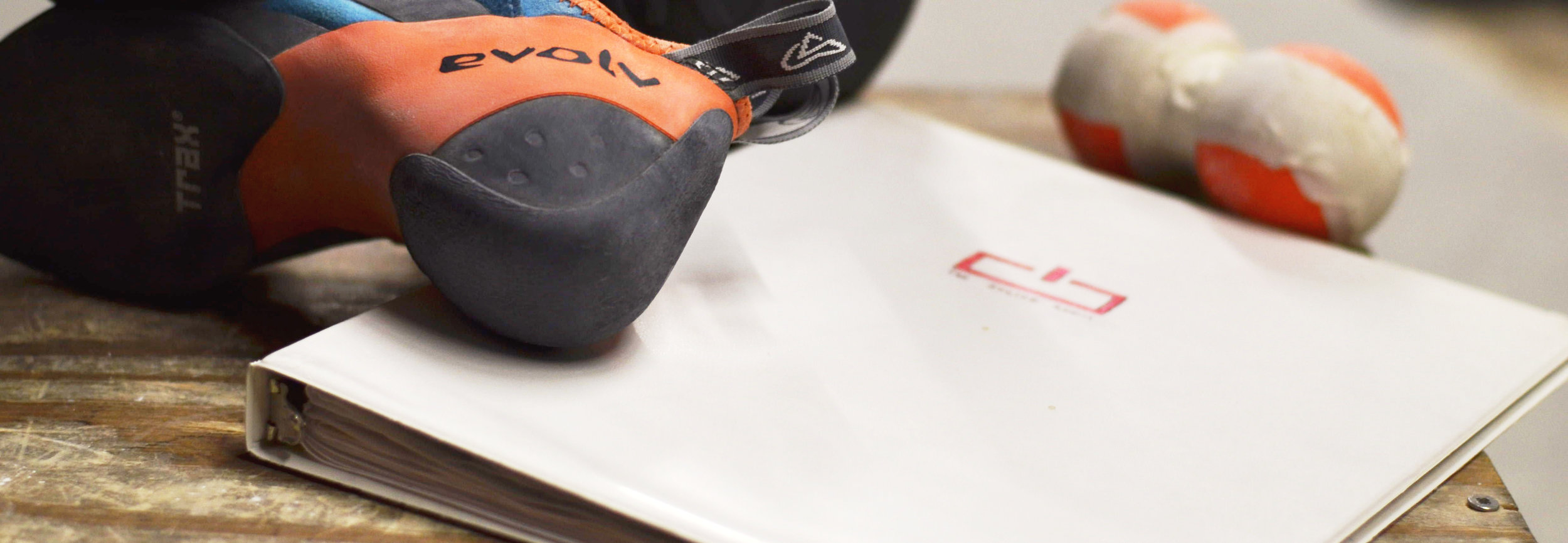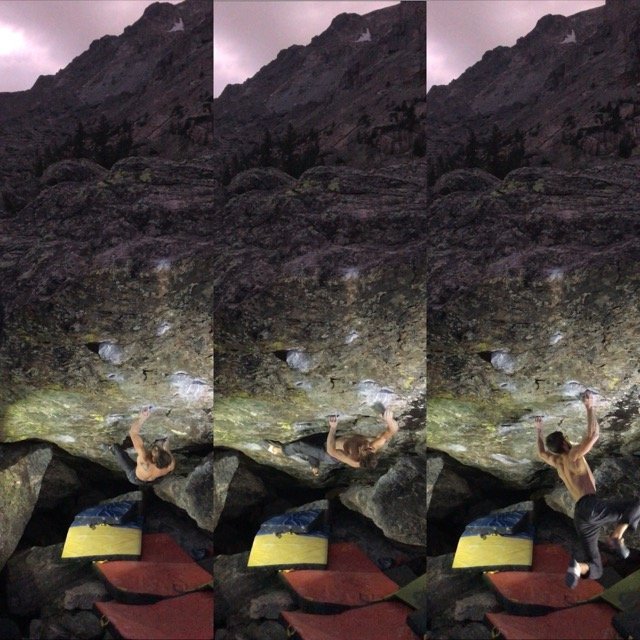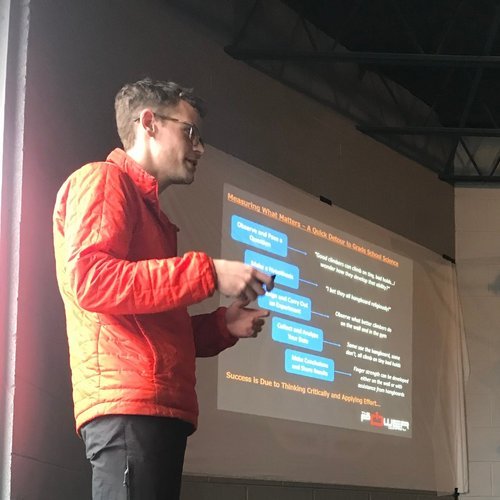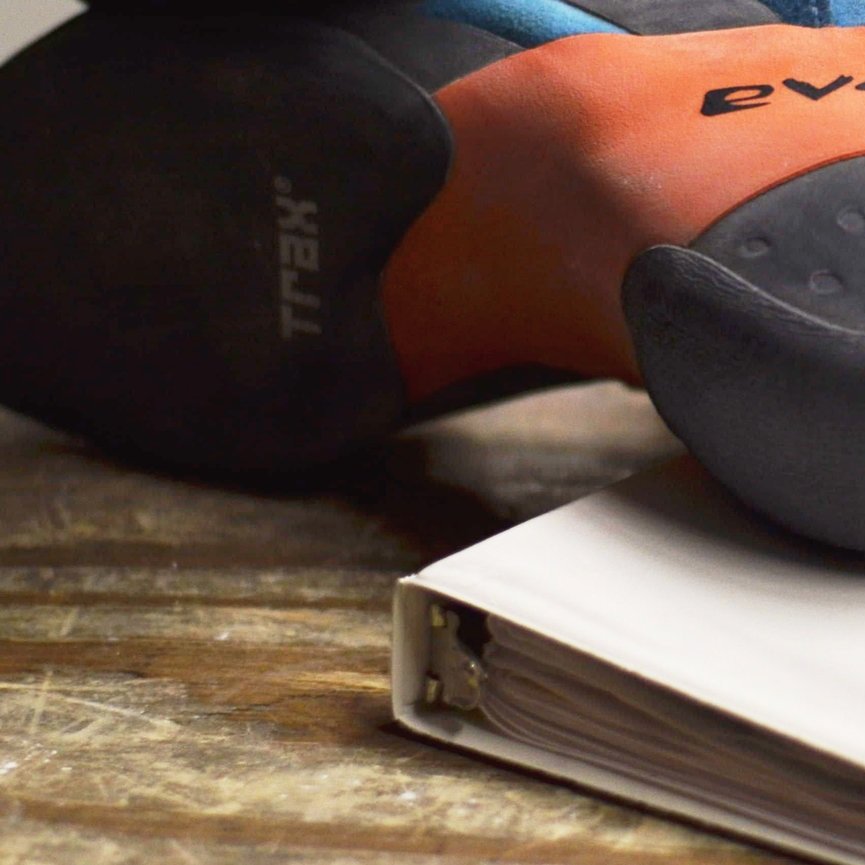Our Favorite Resources for Climbing Training

On the heels of the Public Service Announcement podcast episode (Don't Believe the Hype) that Kris put out, we've been asked often who our trusted sources of information are. Truth is, all of our coaches are constantly learning, and have amassed a long list of resources that they turn to regularly.
Ultimately, we believe in the learning process, and we want all of you to continue that journey. We've put together a list of our favorite books, podcasts, and online resources, with submissions from each of our coaches. We may not agree with everything that each resource says, but we respect their opinions, their experience, and their work, and we look to them for guidance and ideas.
Enjoy.
Listen to our coaches discuss their top sources of information from 2017
Long-time friends Nate and Ravioli Biceps discuss lessons they’ve pulled from video gaming that can help inform our climbing.
I never thought I’d be recommending this, but some of y’all should be putting less effort into becoming technically better climbers.
Do you really have terrible willpower? Or are you surrounded by distractions and obstacles?
Giving artificially low grades to climbs increases their perceived value for our training and development. The more something is mis-graded the more we naturally want to prioritize it.
Discussion around grades can be so polarizing that many of us avoid the topic.
Climbing starts off as this self-feeding cycle that has you wishing you could climb seven days a week. What happens when this cycle stops bringing improvement though?
Our very own coach Jess West provides valuable insight as to how setters can smartly and safely train for their goals.
Use strength to leverage every other aspect of your climbing, not replace them.
If everything you do is a finger workout, then when do your hands get a chance to recover?
There is a common theme between a grilled cheese sandwich and good training advice.
The more accurately we define our problems, the more approachable it will feel to find solutions.
Maybe the most understated way of getting better is to build fallback successes into your plan.
How much time should climbers spend becoming more well rounded vs. improving their strengths?
As cool as assessments and standards are, they can easily leave people settling for “good enough” when they have the potential to do much more.
Being able to quickly recognize familiar sequences is a crucial ingredient to harder climbing.
Climber performance metrics only tell a small part of a much more complex human story.
It’s far more comfortable for us to blame ignorance for our lack of progress than it is to blame our own efforts.
Once you learn the power of good tactics it can be hard to step away from them.
Of all the people that I spoke with this year who were stuck in plateaus, many of them had the same thing in common: they climbed and trained alone.
How to use data to inform training decisions had been a topic of debate amongst the Power Company coaches for years, until Data Analyst, Dale Wilson, stepped in to settle the score once and for all.
The belief that you are getting better at climbing is one of the most important ingredients in actually getting better at climbing.
How many times have you gone up a route and felt overwhelmed, only to look back and realize that it’s not as intimidating as it initially seemed?
Most of us go into a training plan or an outdoor season with an expectation, but expecting results can make us brittle when problems arise.
We've been asked often who our trusted sources of information are. And we know there’s a LOT out there. So here are some of our favorites.
I wanted to give you guys and girls the heads up on these two books so that you can get your hands on them.
I got my hands on this new book from Patrick Matros and Dicki Korb, trainers and coaches of Alex Megos.
A climber since 1994, Kris was a traddie for 12 years before he discovered the gymnastic movement inherent in sport climbing and bouldering. Through dedicated training and practice, he eventually built to ascents of 5.14 and V11.
Kris started Power Company Climbing in 2006 as a place to share training info with his friends, and still specializes in working with full time "regular" folks. He's always available for coaching sessions and training workshops.


































Inspiration is intoxicating, but often fades as quickly as it shows up.